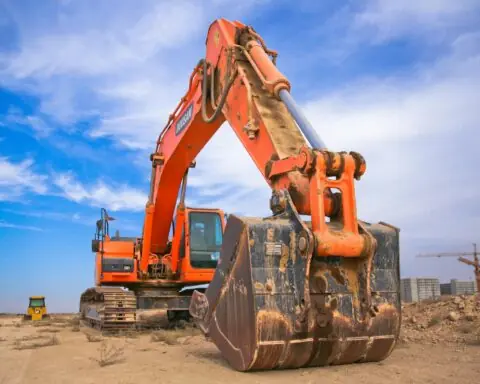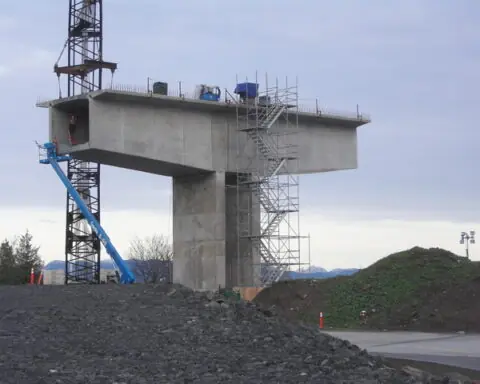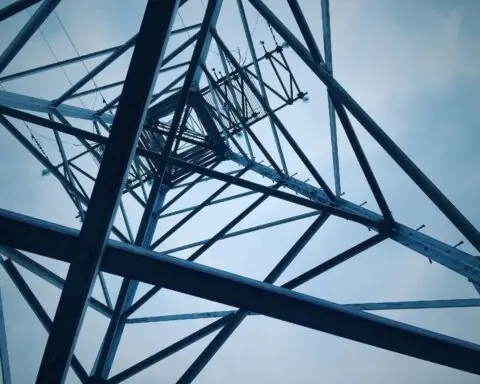Greater Chicago will likely be home to the first international sea cargo container terminal on Lake Michigan following action taken by the U.S. Customs and Border Protection.
The CBP recently approved a proposal from Ports of Indiana-Burns Harbor to create what would be the only all-water container route for ocean vessels to serve the greater Chicago Area, Ports of Indiana officials said.
The Burns Harbor terminal is in northwest Indiana – considered part of the Chicagoland area – and managed by the privately funded statewide port authority.
All containers currently moving through the Chicago market travel by rail or truck.
“This is a critical step in a long process to establish a container terminal at Ports of Indiana-Burns Harbor and a new supply chain for international container shipments,” Ports of Indiana CEO Jody Peacock said. “Having an all-water container route into the Midwest could create transformational opportunities, but it will take time to develop.
“Our port has the capabilities to handle containers today, but we won’t be able to schedule regular container shipments until the customs facilities are fully operational, potentially in 2026.”
As part of the agreement, Ports of Indiana will build a CBP office and provide equipment, furnishings, supplies, large scale non-inspection equipment, radiation portal monitors and security per CBP’s specifications.
Construction and installation of the facility and equipment is anticipated to begin in 2025. Projected costs were not available at publication.
“This new venture comes with major challenges and major opportunities, but our Ports of Indiana team has made this a top priority because we believe it is critical to providing Indiana with a modern port system,” said Ryan McCoy, port director at Ports of Indiana-Burns Harbor. “Great Lakes shipping is limited by a shorter shipping season and the use of smaller vessels, but the potential upside for handling containers is tremendous.
“Allowing ocean carriers to start serving this market could diversify supply chains, avoid bottlenecks and reduce the overall carbon footprint for shipping to and from the Midwest.”
The announcement follows recent action taken by the Ports of Indiana Commission, which recently approved a resolution formalizing the port authority’s commitment to pursue the development of container shipping facilities.
Among U.S. Great Lakes ports, Cleveland and Duluth currently handle container vessels, while Monroe, Michigan, is also pursuing CBP approval.
Adding Burns Harbor to the list of Great Lakes container ports would allow shippers to utilize a network of container terminals that now includes the largest metropolitan area on the Lakes, Ports of Indiana said.
Ports of Indiana said it has already garnered memorandums of understanding from potential partners, letters of support from other Great Lakes ports and over 35 government officials, businesses and trade associations.
“We’re working with several businesses that have strong interest in using a regular liner service to Burns Harbor, and the initial container projections are promising,” said Ian Hirt, a maritime consultant working with the port to develop container business. “This will likely be a niche service that offers specialized amenities, such as refrigerated containers or a green alternative, but it could also help avoid bottlenecks and improve supply chain reliability.”












